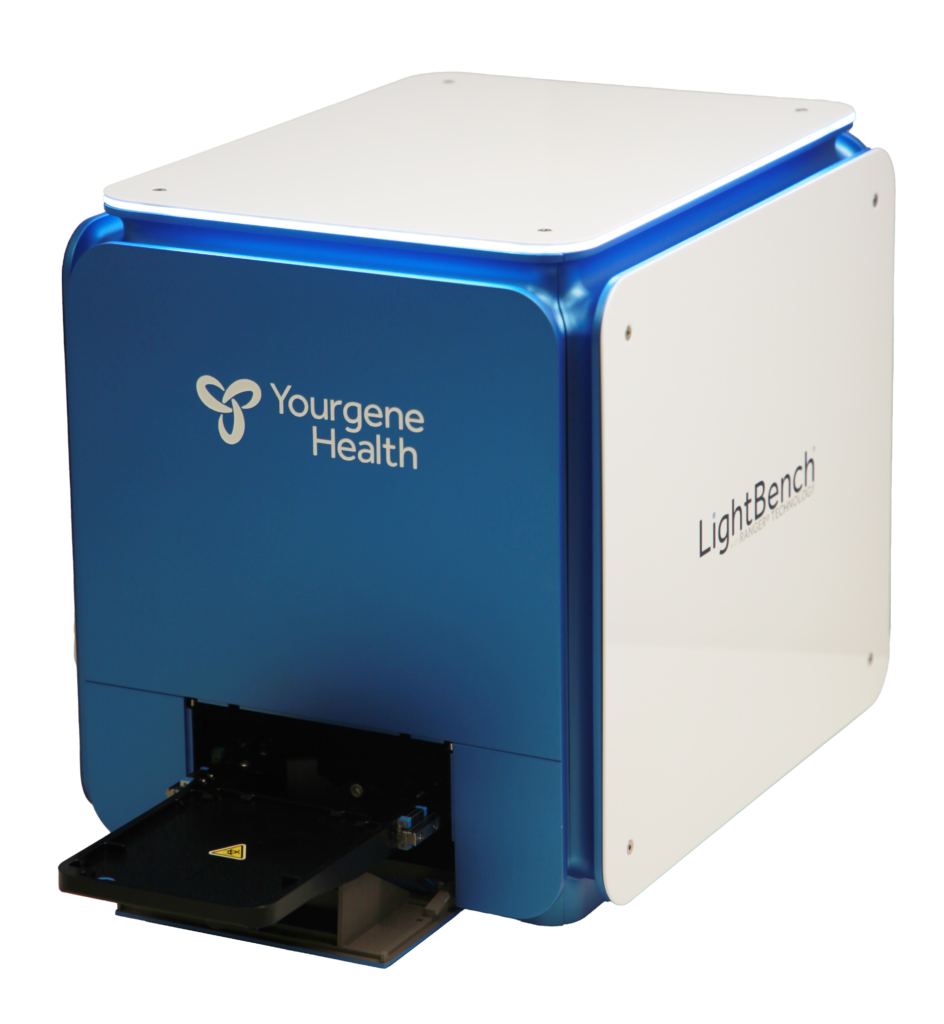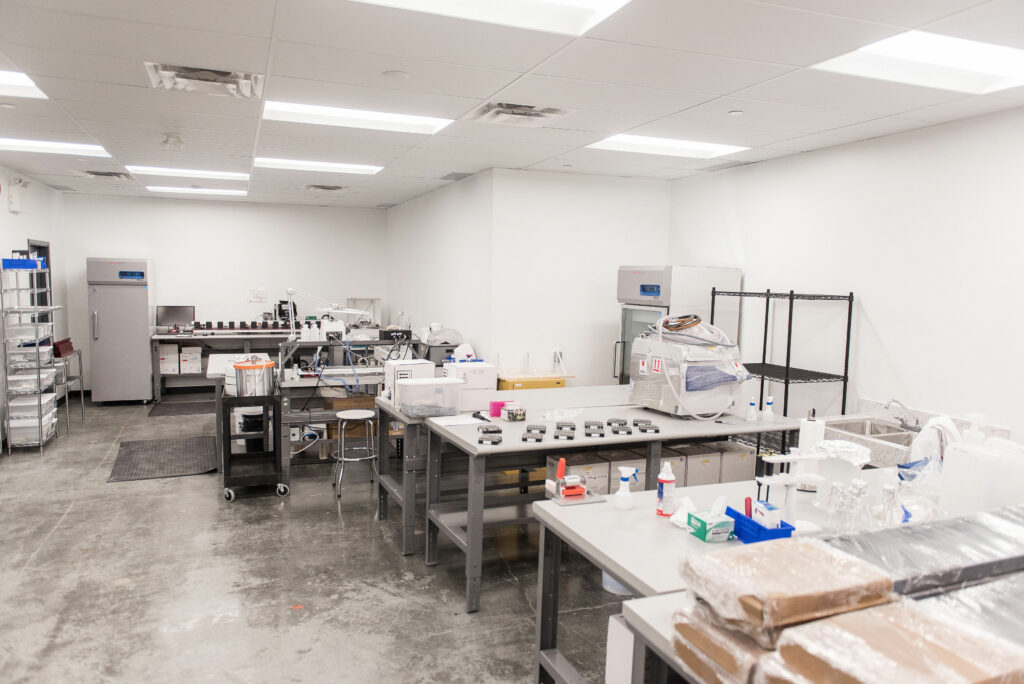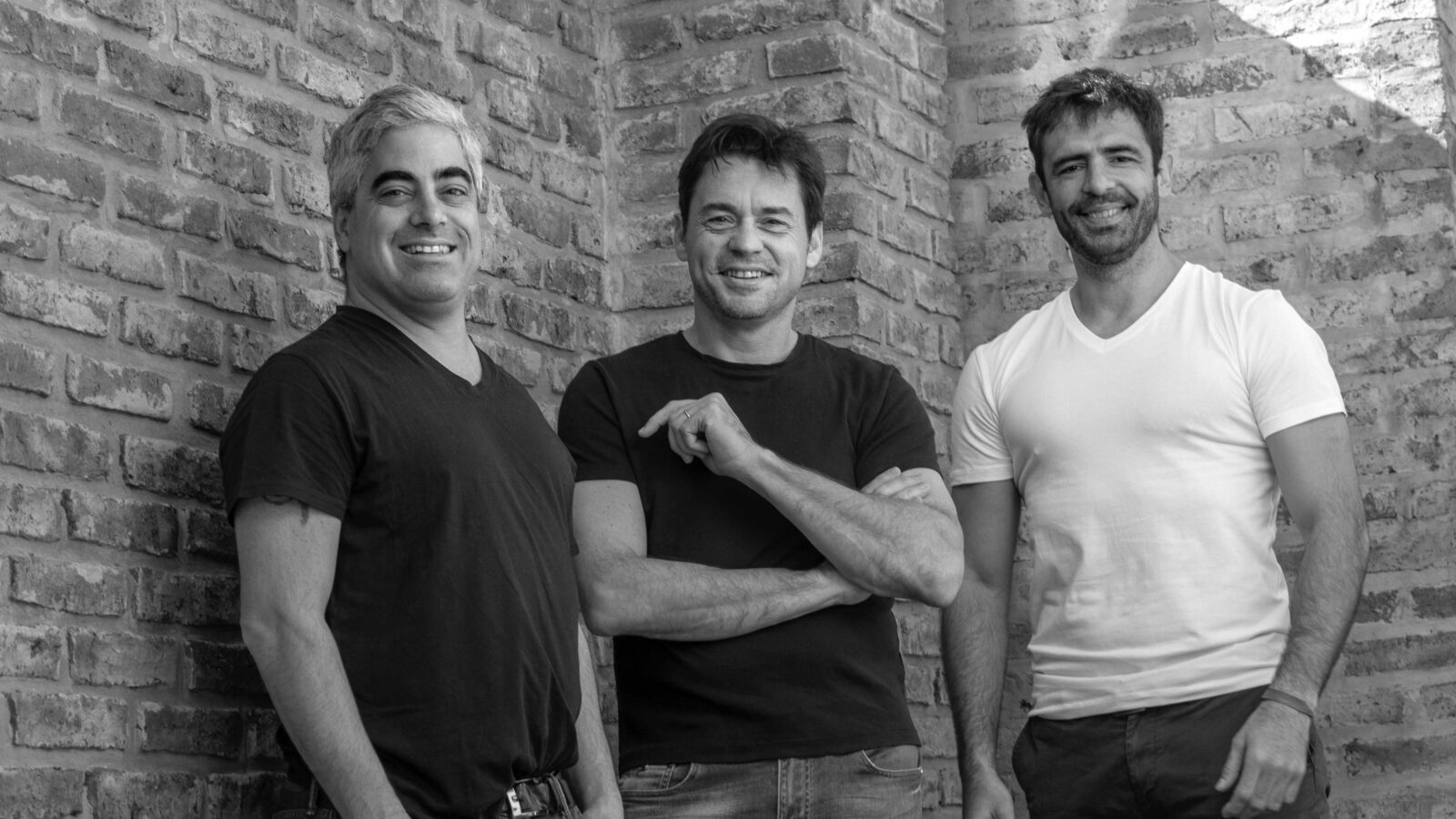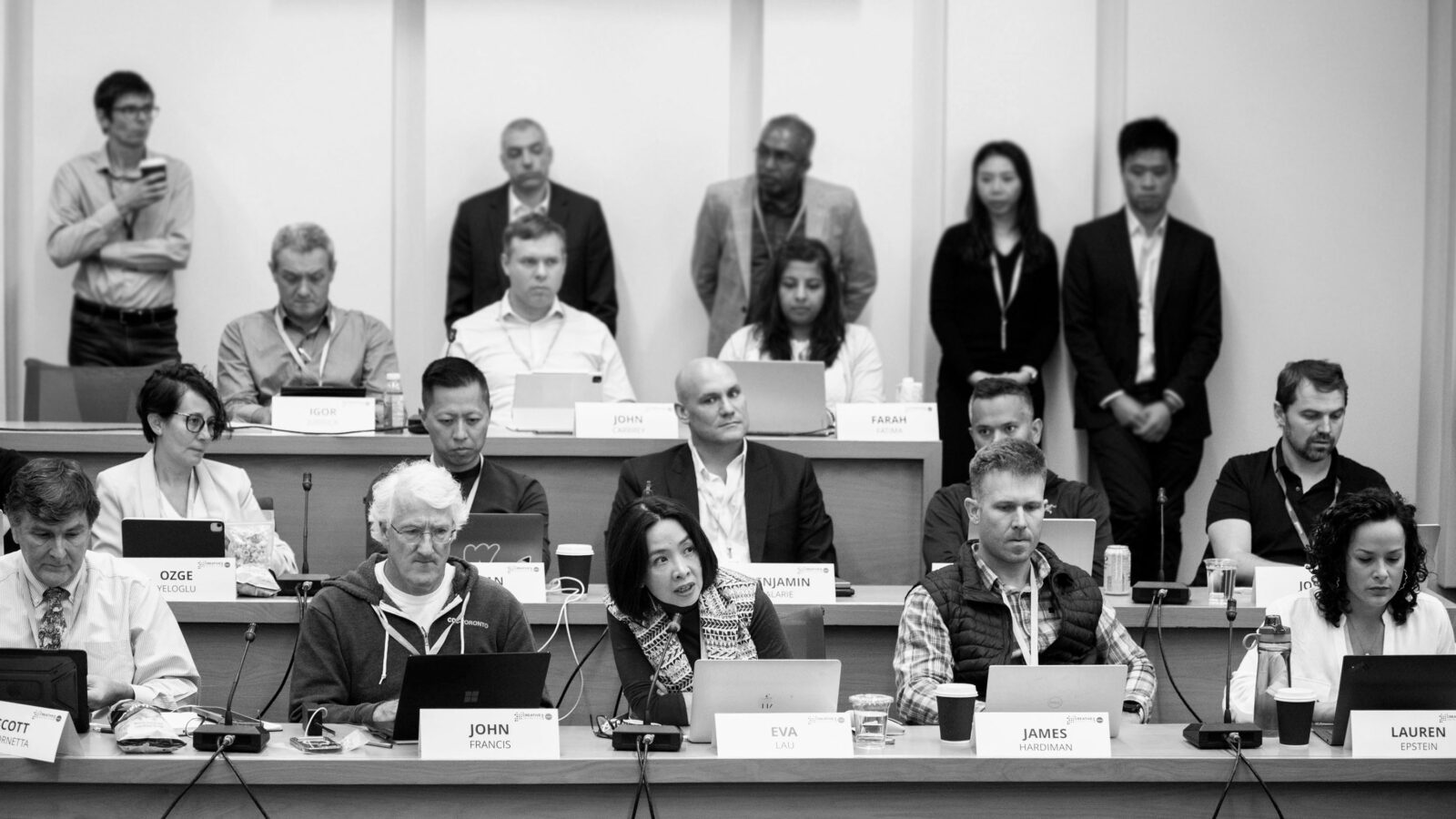Matthew Nesbitt left grad school with a mission. The founder studied molecular biology and biochemistry and spent a lot of time on RNA sequencing and some DNA sequencing.
“During that experience, I was exposed heavily to size selection through something that’s known as agarose gel electrophoresis. And I was exposed to that more than anyone ever should be — because it’s a tedious workflow. It’s a pain.”
He became committed to solving sample preparation bottlenecks, specifically for sequencing. Size selection was one of those bottlenecks.
Then Nesbitt became aware of Dr. Robin Coope and the work he led at the Genome Sciences Centre in British Columbia. Coope’s team had developed a fully-automated platform for electrophoretic size selection, which didn’t exist before.
“It was validating and inspiring to see someone else appreciated the problem and decided to take the time to solve it. I started Coastal Genomics to commercialize this innovation,” Nesbitt said.
“We knew there were alternatives to electrophoretic size selection, but we also knew they produced an inferior result. Our vision was to automate a gold standard protocol at scale so that it could be leveraged by high-throughput applications of next-generation sequencing.”
The result is Ranger Technology. It offers industry-leading scalability and precision for the size selection process, ensuring maximal enrichment.

Early on in the commercialization process, though, Nesbitt had a problem. He didn’t have any experience in business. And even though he had a partner who was a financier, that person came from a totally different industry. They decided to throw themselves “into the chaos of an accelerator.”
They chose Creative Destruction Lab (CDL), Nesbitt said, because its process “would either be validating or would show us that we were taking the wrong tack and needed to change course pretty quickly.”
Coastal Genomics joined CDL’s 2018/19 cohort in the Health stream at CDL-Vancouver. CDL is a nine-month, objectives-based program for massively scalable science- and tech-based ventures, with 19 program streams at 12 sites around the world.
At CDL, the Coastal Genomics team focused on its biggest challenge: communicating its value proposition to non-experts.
“Most of our sales successes to that point had been driven by negotiations with researchers who had the technical understanding that was necessary to appreciate the benefits behind our platform,” Nesbitt said.
“But when we tried to translate that value in messaging that landed with investors, it didn’t stick. As a result of that, any forecasts that we offered about market size or potential were hollow. Investors had a hard time understanding the problem and a more difficult time understanding how we were the solution to it.”
CDL mentors helped the Coastal Genomics team clarify its message. The company made it all the way through the program and succeeded in converting some investors “that were dismissive” of the project into believers, Nesbitt said.
Nesbitt had another key realization at CDL about what it would take for his company to be successful.
“We were asking large, publicly traded organizations with market caps well over a billion to integrate our electrophoretic size selection platform into their clinical tests. We realized that we would need to have strong backing to showcase that we could deliver on demand — because the companies that were going to rely on us would have massive demand,” he said. “But also, to convince them we were not going anywhere.”
At the time, the company had a headcount between 10 and 12. Nesbitt decided to seek a buyer, and in 2020, closed a deal with the U.K. company Yourgene Health.

The acquisition satisfied the company’s needs, Nesbitt said. Coastal Genomics gained legitimacy in the eyes of customers and it gained access to more resources.
“It’s about optics. It’s also about making sure that we have what we need in order to truly deliver and further refine the offering so that it meets the needs of these really big customers.”
Nesbitt now serves as the General Manager of Yourgene Health Canada. His venture has grown rapidly since the acquisition, doubling its headcount, opening a new facility, and signing multiple supply agreements with customers. Nesbitt also anticipates a near-term deal with another client whose demand will far exceed the demand of its largest current customer.
“Things are going in the direction we’ve always wanted them to go in.”





